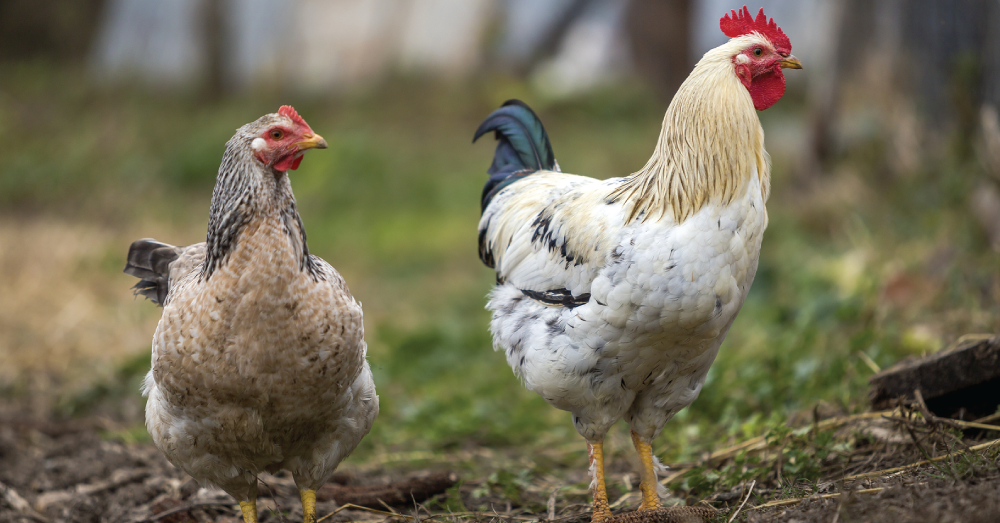
How Factory Farms Could Trigger a Antibiotic Crisis — and What We Can Do to Stop It
On March 1, Denny’s stopped purchasing chicken treated with medically important antibiotics for its U.S. restaurants. Many consumers might expect to see such promises at Whole Foods or their local farm-to-table restaurant, but why is a chain like Denny’s (i.e., one that is enjoyed more for its assortment of inexpensive breakfast foods than its moral standards) joining the trend to reduce antibiotics in meat?
June 6, 2019 | Source: AlterNet | by Christy Spees
Our current factory farming model is broken — environmentally, medically and morally.
On March 1, Denny’s stopped purchasing chicken treated with medically important antibiotics for its U.S. restaurants. Many consumers might expect to see such promises at Whole Foods or their local farm-to-table restaurant, but why is a chain like Denny’s (i.e., one that is enjoyed more for its assortment of inexpensive breakfast foods than its moral standards) joining the trend to reduce antibiotics in meat?
In fact, Denny’s joins a growing group of major fast food and fast casual chains (McDonald’s, Wendy’s, KFC, Chipotle, and others) that have established policies prohibiting the use of medically important antibiotics in chicken. This is not the same as “antibiotic-free” claims, to be clear (“medically important” antibiotics are those used in human medicine; there are other antibiotics only used in animals), but it is a critical change that has been rippling through the food system for the past several years to protect human health. To explain the significance of this trend, a quick history of the problem that companies are trying to address is useful.
